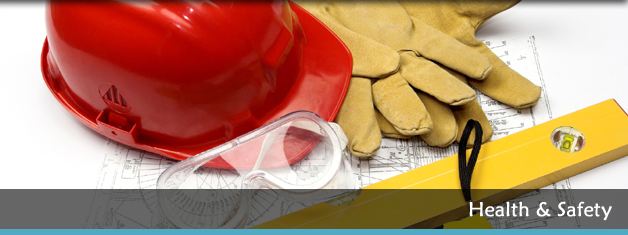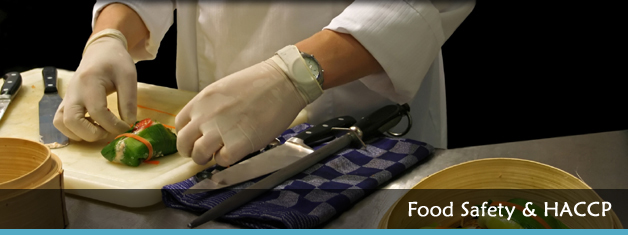Info
Get In Touch
HCT Ltd.
Unit 2, Purcellsinch Business Park
Dublin Road
Kilkenny
Tel.: 056 777 0761
QQI
The Further Education and Training Award Council (QQI) was Established in 2001 as the statutory awarding body in Ireland to offer Awards at Levels 1 to Levels 6 on the National Frame Work of qualifications.The propose of QQI was to:
- Make and promote awards on the NFQ
- Determine standards and award requirements
- Validate programmes leading to awards
- Monitor and quality assure programmes and services
Since 2001 Over 1.25 million certificates have been issued by QQI of that 335,000 was in 2011 for over 180,000 Learners.
QQI and Common Award System
In November 2012 QQI was established under the Qualifications and Quality Assurance Education and Training Act, to replace the 4 existing awarding bodies and quality assurance responsibilities in Ireland (FETAC, HETAC, NQAI AND IUQB).A new national awards system called the Common Award System has been introduced and by 2014 all QQI Awards will be part of this system.
Under the Common Awards System (CAS) all QQI awards will have a common structure, and common characteristics and features such as title, level, volume, profile, assessment and grading. These common awards will be published on www.qqi.ie and available to all QQI registered Providers. Programmes leading to these common awards must be submitted from the Centre for validation and approved by QQI prior to delivery.
Former awards, originally developed by NCVA, FÁS, Fáilte Ireland, Teagasc and BIM, are currently being migrated to the new format - the Common Awards System. As soon as this exercise is completed for each level, the former awards will be deactivated and will no longer be available as a basis for certification.
In the Common Awards System, Providers may not offer programmes for certification unless the programmes have been validated by QQI. Validation is the process through which QQI determines that the programme developed by the Provider is fit for purpose; that it will give the profiled Learner the opportunity to meet the standards for the award(s), that it is appropriate to the Learner and that it fulfils the award requirements.
Each major award under the common award system will be awarded a total set amount of credits and these credits will need to be accumulated through achieving a number of minor awards.
| LEVEL | CREDIT VALUES FOR MAJOR AWARDS | DEFAULT MINOR CREDIT VALUES | OTHER PERMITTED CREDIT VALUES | SPECIAL PURPOSE AND SUPPLEMENTAL AWARDS |
|---|---|---|---|---|
| L1 | 20 | 5 | 10 | N/A |
| L2 | 30 | 5 | 10 | N/A |
| L3 | 60 | 10 | 5, 20 | 5 and 60 |
| L4 | 90 | 10 | 5, 15, 20 | 5 and 90 |
| L5 | 120 | 15 | 5, 15, 30 | 5 and 120 |
| L6 | 120 | 15 | 5, 15, 30 | 5 and 120 |
The programme duration will be determined based on the credit value and its recommended length. These will be broken into two sections, directed and self directed hours. Directed hours are the hours directly spend delivering the programme to the participant either face to face or via direct online contact. Self directed hours are where the learner takes control of their learning, this could include work experience, research or reading subject related information.
Participates will be able to import a limited amount of credits from a level lower or higher than the award they are working towards. The credit value system has been created in Ireland to become more in line with other European countries and to provide learners with more motility and recognition.









